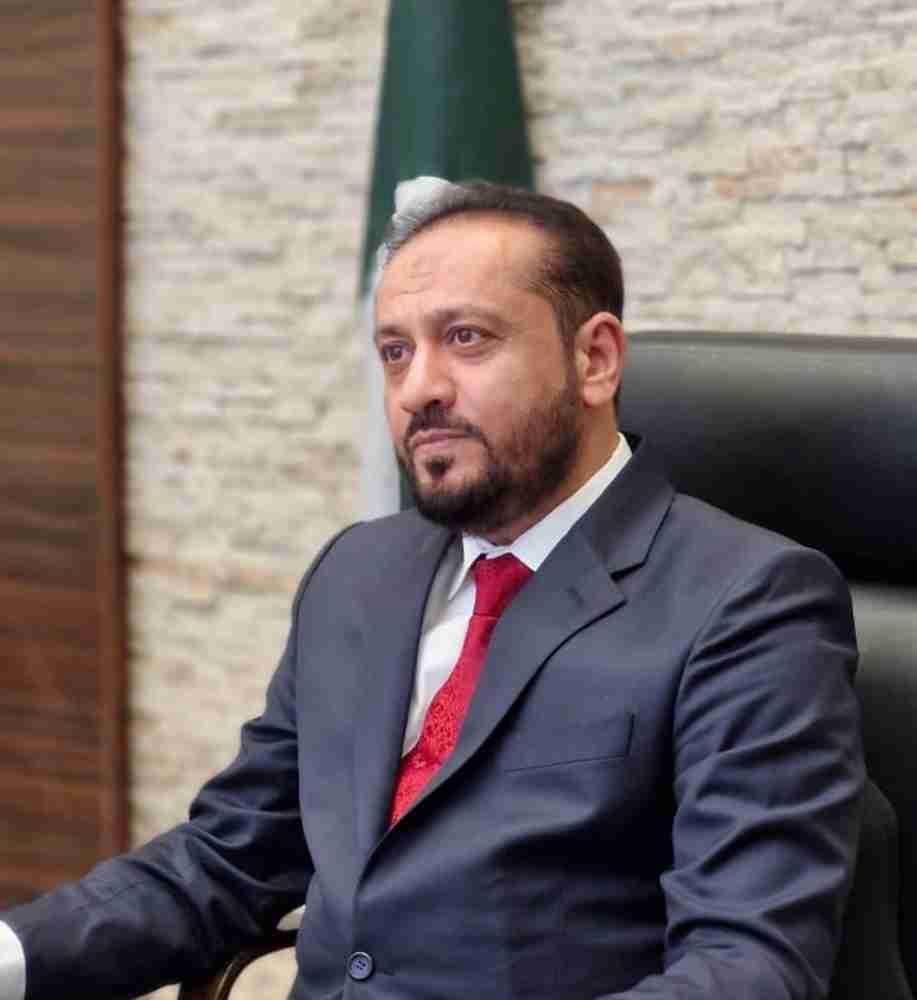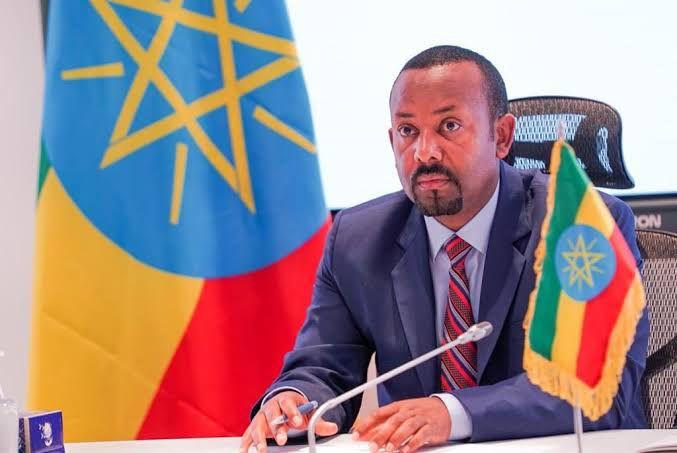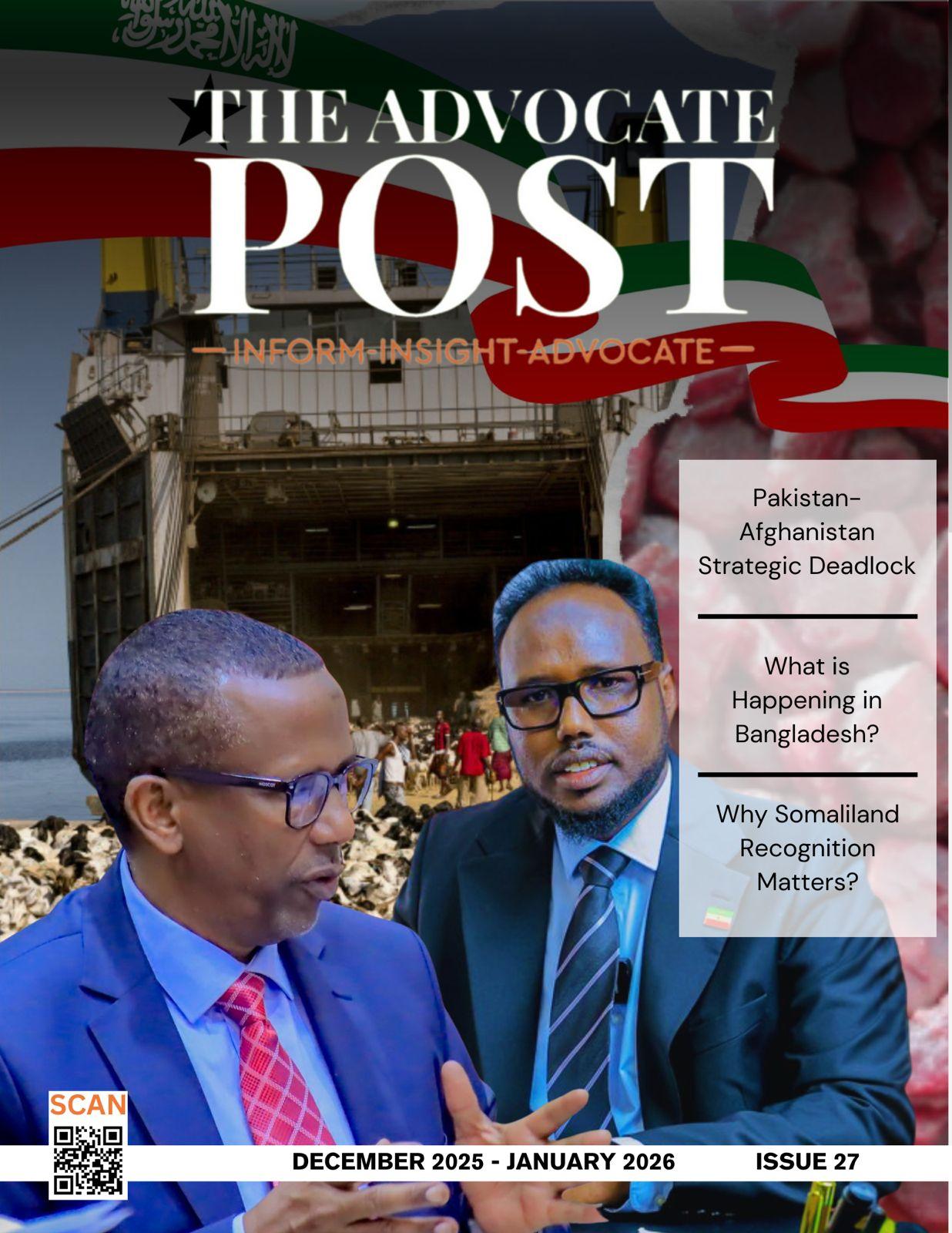By Nisreen Matar (Gaza, Palestine)
Lebanon, situated at the crossroads of historical trade routes and modern political tensions, has been confronted with a myriad of challenges in recent times. As the country grapples with political, social, economic, and infrastructural hurdles, its financial and economic crisis threatens to spiral out of control. This predicament requires urgent attention and action from both Lebanon and the international community. This comprehensive analysis delves into the causes, consequences, and potential solutions for rectifying the Lebanese crisis.
The Perfect Storm of Challenges
Lebanon’s present challenges have been years in the making, with the following factors playing a significant role:
- Economic Collapse: The country is grappling with a severe economic collapse, manifested in a rapid decline of the Lebanese pound, alongside soaring unemployment and inflation rates. According to the General Union of Lebanese Workers, unemployment has reached an alarming 50%.
- Public Debt: Lebanon is plagued by mounting public debt, poised to reach 550% of GDP by 2027 if the current trend persists, as per the International Monetary Fund (IMF).
Delaying the financial sector’s restructuring has resulted in depositors losing nearly $10 billion since 2020, further exacerbating the financial crisis. - Corruption and Mismanagement: Government corruption and mismanagement have been pivotal in aggravating the economic and political crisis in Lebanon.
- Political Pressure: The Syrian crisis and regional tensions have increased internal political tensions and external pressures on Lebanon. The influx of nearly 2 million Syrian refugees into Lebanon has complicated prospects for stability.
- Electricity Shortages and Infrastructure: Lebanon continues to suffer due to electricity shortages and inadequate public infrastructure, both of which deter economic development and raise living costs.
The Human Impact of a Catastrophic Crisis
Field surveys reveal astonishing increases in the monthly cost of living in Lebanon. Accounting for public services like electricity and communication, a family of four would need between 40 million and 70 million liras as a minimum. However, average monthly earnings, including any emergency grants and aid, do not surpass 25 million liras for workers in public and private sectors.
These figures corroborate the accuracy of international reports indicating that 80% of Lebanon’s population lives below the poverty line, with 70% struggling to cope with ever-increasing expenses.
A Multifaceted Path Toward Resolution
To surmount these challenges and overcome the dire economic and political situation, Lebanon must initiate a series of essential reforms and secure vital support:
- Economic and Public Sector Reforms: Lebanon must undertake structural reforms in its economy and public sector, with a focus on streamlining processes, minimizing bureaucracy, and enhancing efficiency.
- Transparency and Anti-Corruption Measures: Combating corruption requires a dual-pronged approach: increasing transparency in government decisions and financial transactions, and enforcing stringent anti-corruption laws.
- Political Stability and Consensus: Given Lebanon’s complex political landscape, achieving stability requires genuine dialogue among stakeholders, consensus on key issues, and commitment to the greater good from all political factions.
- Addressing Public Debt: Efforts to tackle the massive public debt must include exploring options like debt restructuring, redefining fiscal policies, and seeking support from international financial institutions such as the IMF.
- Infrastructure and Social Investment: Lebanon must prioritize upgrading infrastructure, particularly electricity, water, and transportation systems, while also investing in education, healthcare, and social welfare programs.
- International Support and Assistance: The international community should rally behind Lebanon, offering not only economic and humanitarian assistance, but also expertise in implementing reforms and addressing challenges.
Lebanon’s crisis, a culmination of long-standing mismanagement and contemporary challenges, calls for urgent concerted action.
As the Lebanese government takes initial steps toward structural reforms and transparency, the support of international partners will be indispensable in achieving comprehensive change.
Investing in Lebanon’s future is not only a moral and humanitarian imperative but also a strategic choice to safeguard regional stability and foster global economic prosperity.
Nisreen Matar is from Gaza, State of Palestine. She mostly writes about the Human rights, arab affairs and social affairs. She is a Nursing student.





